Algebra - Algebra Learning Tool
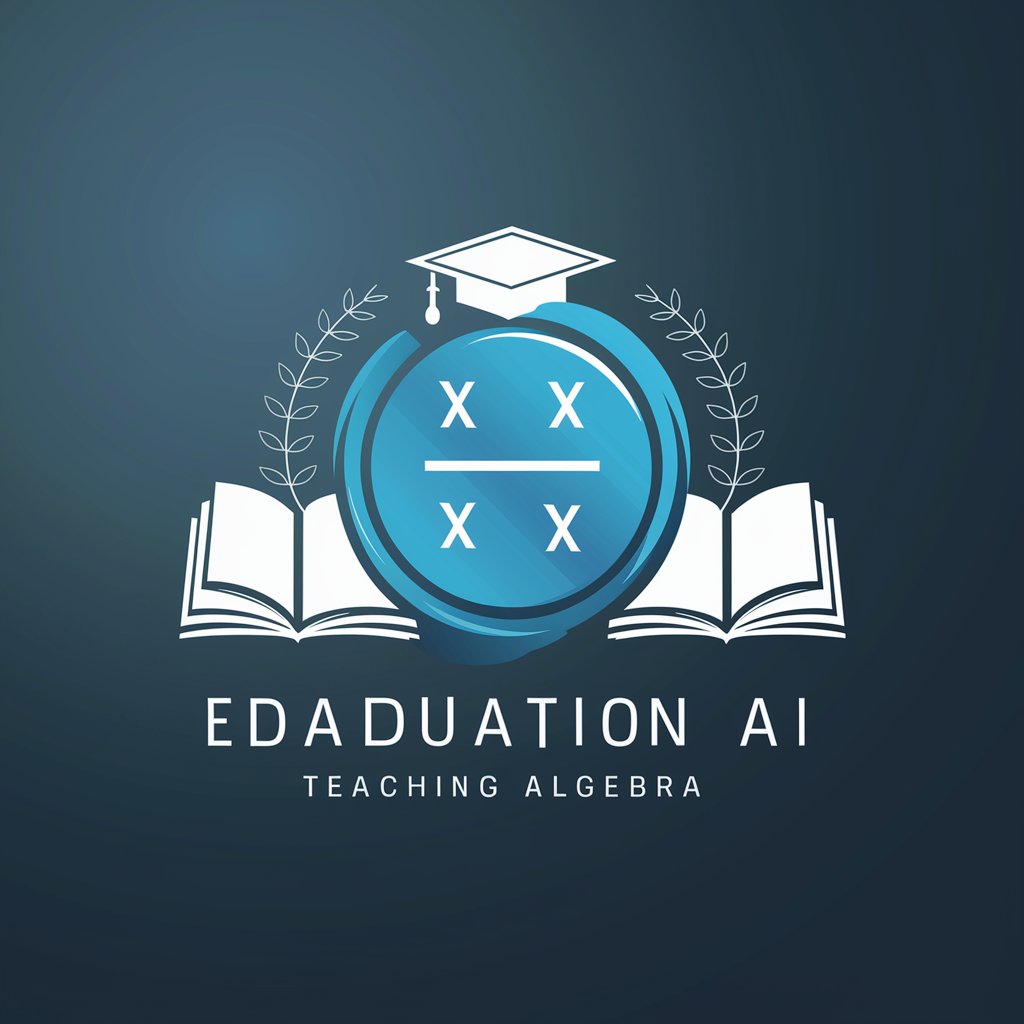
Welcome! Let's explore the fascinating world of algebra together.
Simplifying Algebra with AI
Can you explain how to solve quadratic equations using the quadratic formula?
What are the different methods to factor polynomials?
How can I use the distributive property to simplify expressions?
What is the process to solve systems of linear equations by substitution?
Get Embed Code
Introduction to Algebra
Algebra is a branch of mathematics that uses symbols, often letters, to represent numbers in equations and formulas, facilitating the expression of general relationships and the solution of problems. Its basic functions include solving equations, simplifying expressions, and manipulating algebraic structures to explore patterns and relationships within mathematical concepts. Algebra serves as a foundational tool in various fields, from engineering to economics, enabling practitioners to model real-world situations, analyze trends, and make predictions. For example, algebra can model the trajectory of a projectile in physics through quadratic equations or calculate the break-even point in a business using linear equations. Powered by ChatGPT-4o。

Main Functions of Algebra
Solving Equations
Example
Finding the value of 'x' in equations like 2x + 3 = 7.
Scenario
This function is crucial in scenarios such as calculating the dimensions needed for materials in construction projects or determining the time at which two moving objects meet.
Function Analysis
Example
Exploring the properties of functions, such as their limits, continuity, and differentiability.
Scenario
This is applied in real-world situations like optimizing business operations for cost efficiency or predicting population growth over time.
Graphing
Example
Plotting equations on a coordinate plane to visualize relationships, like y = mx + b for linear relationships.
Scenario
Graphing is used to illustrate trends in data, aiding in fields such as market analysis or environmental studies to visualize changes and predict future outcomes.
Symbolic Manipulation
Example
Simplifying expressions and solving equations involving algebraic structures like polynomials.
Scenario
Symbolic manipulation aids in simplifying complex problems in engineering and physics, making them more manageable and solvable.
Ideal Users of Algebra Services
Students and Educators
Students learning mathematics benefit from algebra to develop critical thinking and problem-solving skills. Educators use algebra to teach these concepts, providing a fundamental understanding that supports further study in mathematics and sciences.
Professionals in STEM
Engineers, scientists, economists, and other STEM professionals use algebra to model, analyze, and solve problems in their respective fields, making it essential for innovation and development.
Business Analysts and Economists
These professionals apply algebra to forecast financial outcomes, optimize operations, and analyze market trends, leveraging algebraic models to make informed decisions and strategies.

How to Use Algebra
Start with a Free Trial
Begin your journey in understanding algebra by exploring free resources like yeschat.ai, offering trial access without the need for login or subscription.
Identify Your Learning Goals
Determine whether you're looking to understand basic algebraic concepts, solve equations, or apply algebra in real-world scenarios. This will guide your learning process.
Engage with Interactive Problems
Make use of interactive problems available on educational platforms to apply the concepts you learn in a practical, engaging manner.
Utilize Visual Aids
Incorporate diagrams and visual representations of algebraic concepts to better understand abstract ideas.
Practice Consistently
Regular practice is key to mastering algebra. Set aside dedicated time each day to solve problems and review concepts.
Try other advanced and practical GPTs
Senior Care
Empowering Aging with AI

Publish
Empowering Your Publishing Journey with AI

Patent Idea Explorer
Empowering Innovation with AI
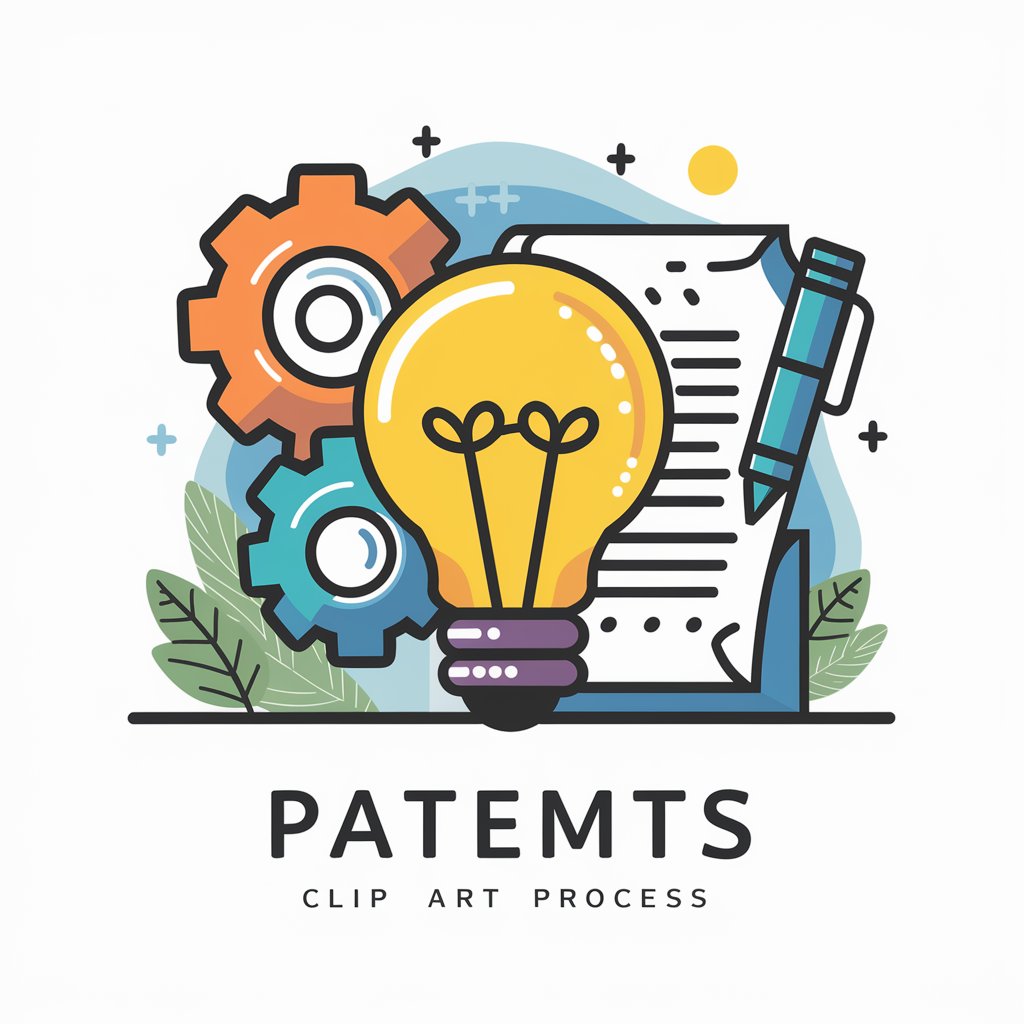
Financial House Strategist
Empower your finances with AI-driven insights

AI Voice
Transform Text to Speech with AI

Fighting
Empowering Your Fight with AI Knowledge

Nursing
Empowering Nurses with AI Insights
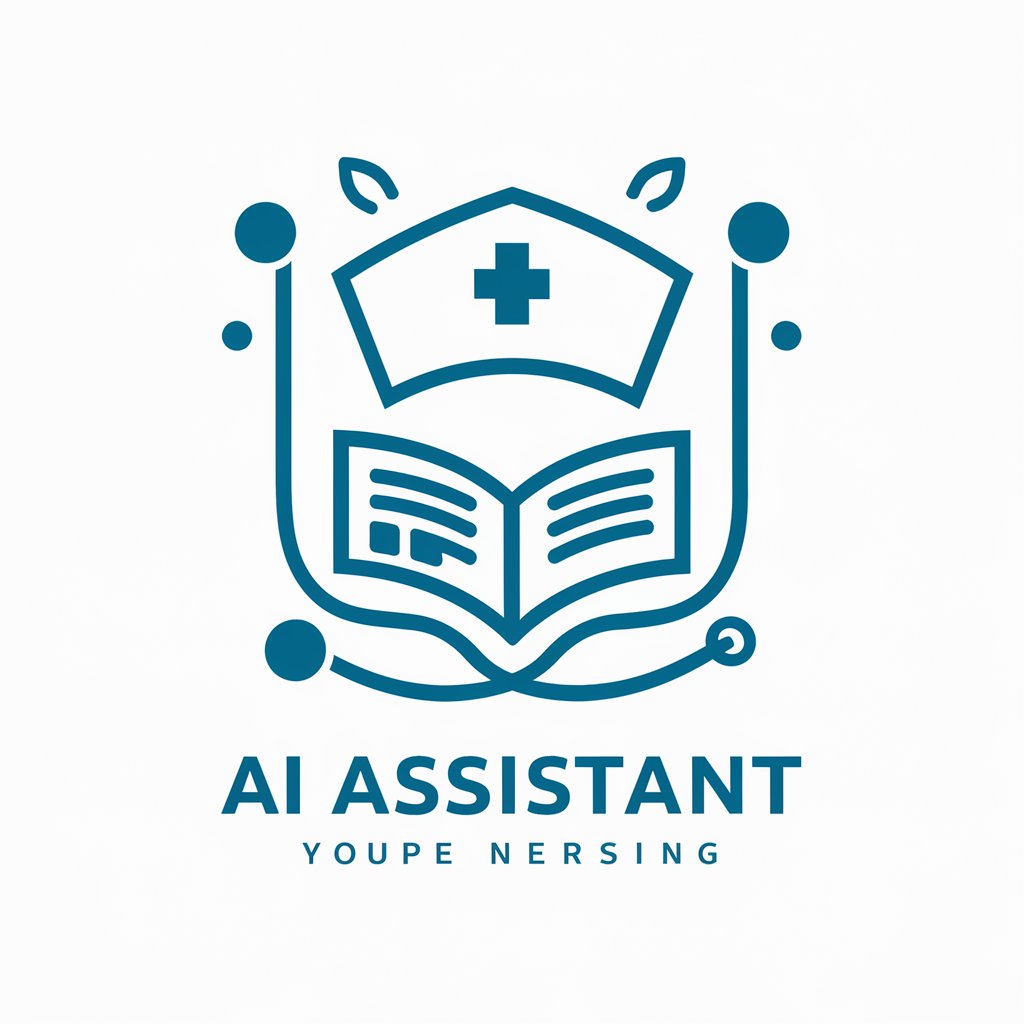
Hardhat Required: Doing Business in Japan
Navigating Japan's Business Landscape with AI

Quilting
Unleash creativity with AI-powered quilting
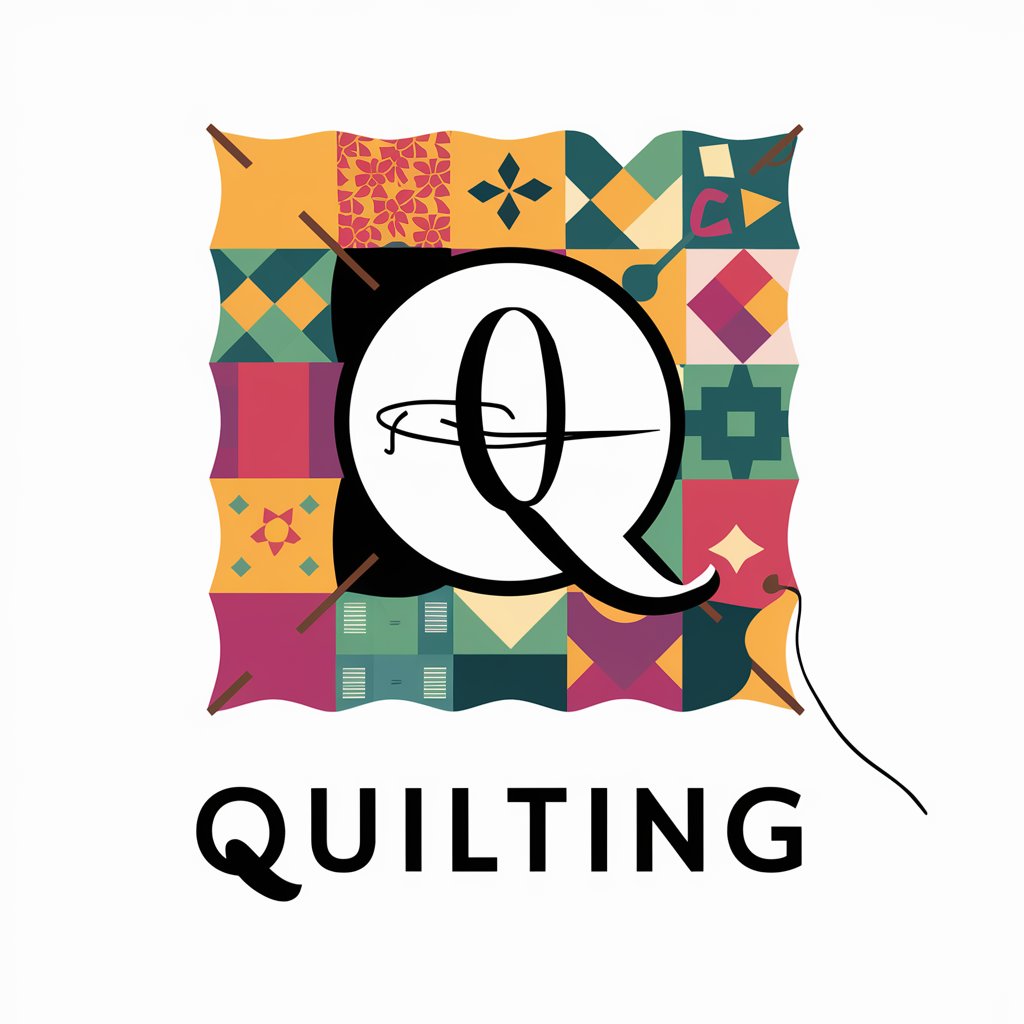
Sale Rack
Your AI-Powered Shopping Scout

Burritos
Master the art of burrito making with AI

5
Unlocking the Mysteries of Number 5
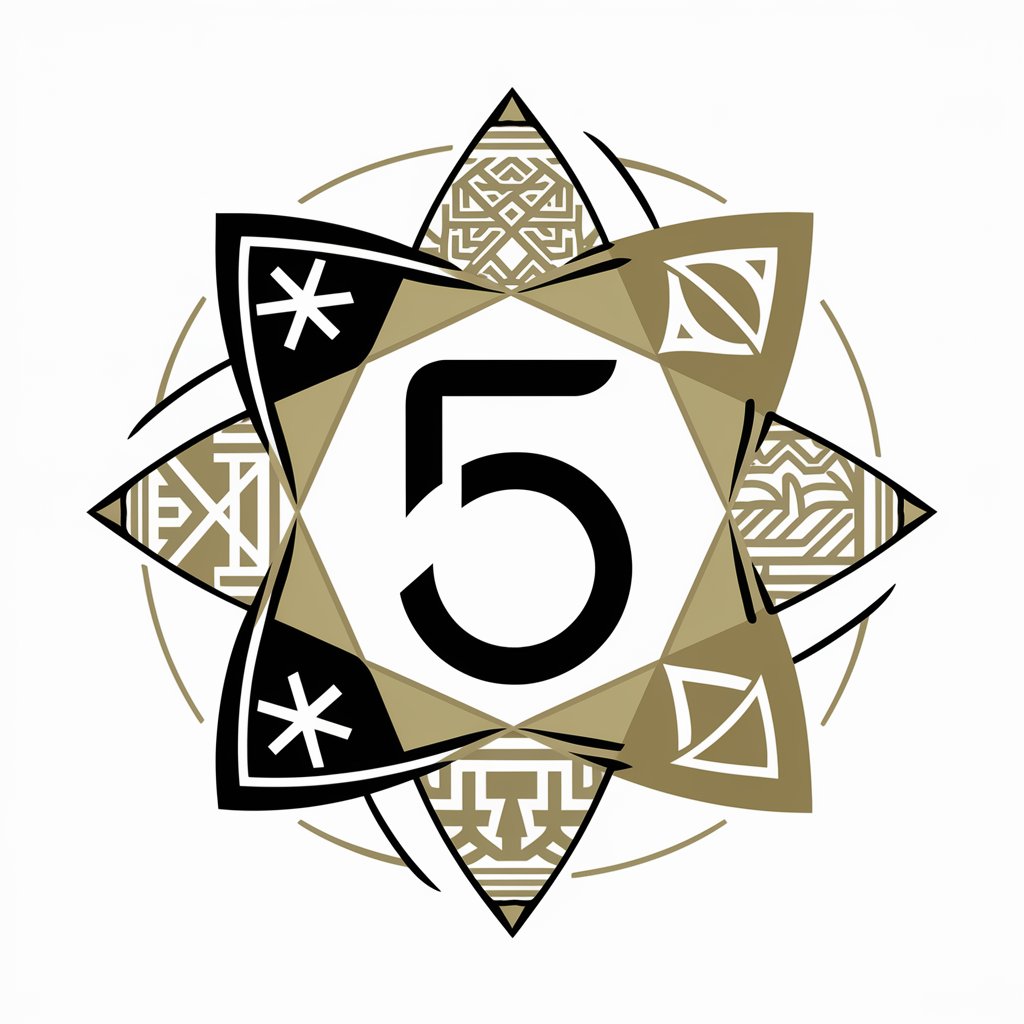
Algebra Q&A
What is algebra and why is it important?
Algebra is a branch of mathematics dealing with symbols and the rules for manipulating these symbols. It is essential for developing critical thinking skills, solving problems, and understanding patterns within various scientific, engineering, and financial contexts.
How do I solve linear equations?
To solve a linear equation, simplify both sides as much as possible, isolate the variable on one side, and then solve for the variable by performing the same operations on both sides of the equation.
Can algebra help in real-life situations?
Absolutely. Algebra can be applied in budgeting, home improvement projects, understanding rates of change, and optimizing decisions based on varying conditions.
What are polynomials?
Polynomials are algebraic expressions that consist of variables and coefficients, structured across one or more terms, typically involving addition, subtraction, and multiplication.
How does algebra differ from arithmetic?
While arithmetic deals with numerical calculations using operations like addition, subtraction, multiplication, and division, algebra introduces variables representing numbers in equations and formulas, providing a more general understanding of relationships between quantities.
